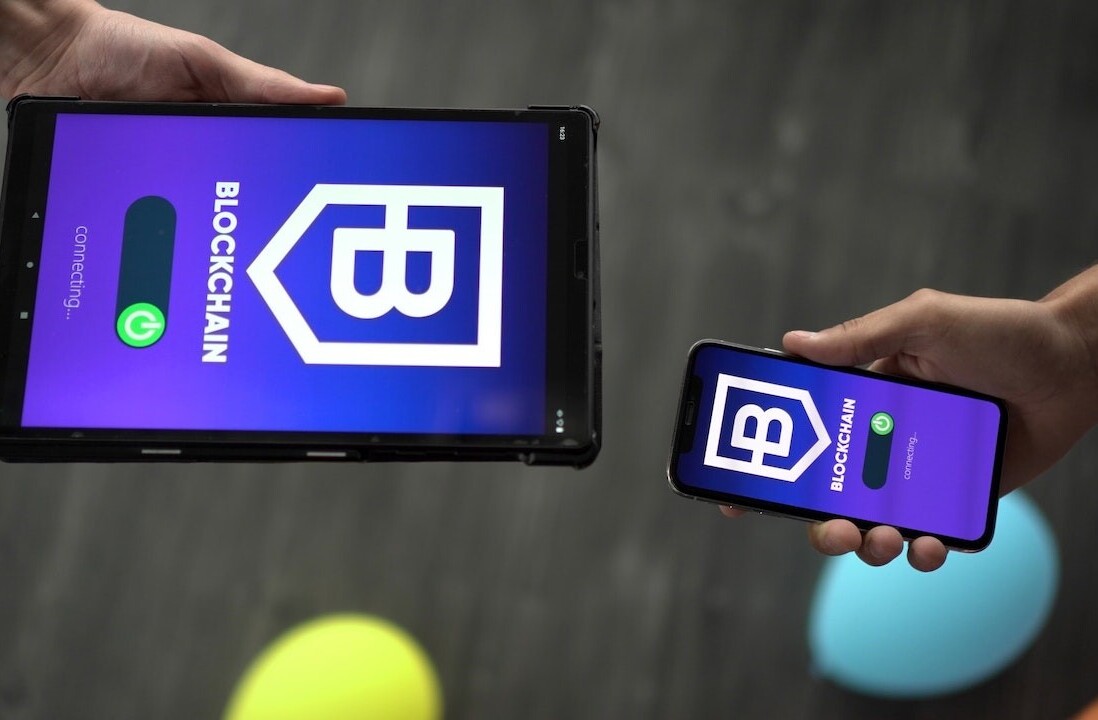
SAP has launched a blockchain-based supply chain tracking system to allow drug wholesalers to authenticate pharmaceutical packaging returned by pharmacies and hospitals. That should help them weed out counterfeit drugs from their supply chain.
SAP says it hopes to eventually expand the use of distributed ledger technology to cover a broader range of pharmaceutical supply chain processes.
According to the company, its blockchain-based solution helps customers comply with the US Drug Supply Chain Security Act (DSCSA), which establishes that as of November 2019, wholesalers must verify prescription drugs that are returned and intended for resale. This piece of legislation is tasked with protecting consumers from contaminated, stolen or fake medication.
Counterfeit drugs are a significant problem in the pharmaceutical industry. Research released by the World Health Organization in 2017 found that an estimated 1 in 10 medical products circulating in low-and-middle-income countries was either substandard or fake.
In the US, wholesalers encounter almost 60 million returns a year, accounting for an estimated $7 billion.
With the new software, customers can verify the product code, lot, expiration date and a unique serial number which is embedded in the barcode against manufacturers’ data stored in the blockchain.
It’s worth noting that the software was co-developed with other well-known pharmaceutical companies including Boehringer Ingelheim AG & Co. KG, GlaxoSmithKline plc and Merck Sharp & Dohme.
The news comes after SAP announced two industry consortia within the SAP Blockchain Consortium program in autumn last year, but this is not the first time blockchain technology has been leveraged in a bid to fight counterfeit goods in the healthcare industry. In fact, Merck was looking to patent blockchain-based technology to bring greater transparency to the supply chain in June 2018.
An immutable ledger such as blockchain would prove useful in the healthcare industry, so, it’s likely we’ll see similar projects launching in the near future.
Get the TNW newsletter
Get the most important tech news in your inbox each week.




